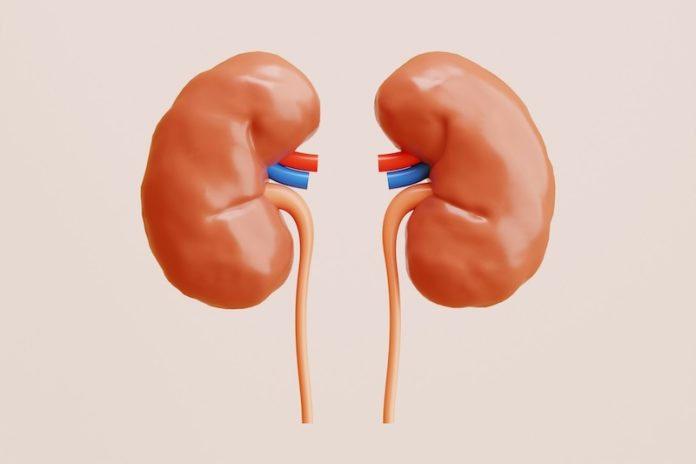
Proton pump inhibitors (PPIs), including well-known brands like Prilosec, Nexium, and Prevacid, are some of the most commonly used medications worldwide.
These drugs are typically prescribed to manage conditions such as frequent heartburn, acid reflux, and gastroesophageal reflux disease (GERD).
In the United States alone, about 10% of adults use these medications to relieve symptoms.
However, a recent study conducted by scientists at the University of California San Diego suggests that prolonged use of PPIs may come with significant risks to kidney health.
Study Overview and Findings
The research team analyzed data from the FDA Adverse Event Reporting System (FAERS), a database that contains over 10 million patient records. These records document voluntary reports of side effects experienced while taking various medications.
For this study, the researchers focused specifically on patients who took only PPIs, narrowing the sample to around 43,000 individuals.
They compared these patients to a control group of roughly 8,000 people who took histamine-2 receptor blockers (H2 blockers) like Zantac or Pepcid, another class of drugs used to treat acid reflux, but without the use of other medications.
The findings were concerning. Among the patients who only took PPIs, 5.6% reported kidney-related issues, compared to just 0.7% of those who took H2 blockers. When compared directly to the control group, patients taking PPIs were found to be:
- 28.4 times more likely to report chronic kidney disease
- 4.2 times more likely to report acute kidney injury
- 35.5 times more likely to develop end-stage renal disease (the most severe form of kidney failure)
- 8 times more likely to experience unspecified kidney impairment
Additionally, PPI users were more likely to have electrolyte imbalances, though the exact effects varied depending on the specific PPI being used. However, the risk of kidney damage remained consistent across all five PPIs that the study examined.
Potential Consequences for Patients
While PPIs are essential medications for many people, offering relief from painful and disruptive symptoms, the study’s findings raise concerns about the long-term safety of these drugs.
Chronic kidney disease can develop slowly over time, and in many cases, people may not notice symptoms until significant damage has occurred. Acute kidney injury, on the other hand, can develop more quickly and may require immediate medical attention.
Both conditions can severely impact a person’s quality of life and, in severe cases, lead to end-stage renal disease, which requires dialysis or a kidney transplant.
This study highlights the need for healthcare providers to carefully monitor patients taking PPIs, especially those who may already be at risk for kidney disease.
For individuals requiring these medications, it may be necessary to discuss alternative treatments or strategies to minimize the risks, such as using the lowest effective dose for the shortest duration possible.
A Broader Concern: PPIs and Other Health Risks
The kidney-related findings aren’t the first time PPIs have raised concerns in the medical community. A 2017 study, also conducted at UC San Diego, found evidence that PPIs may promote chronic liver disease in both mice and humans.
Taken together, these studies suggest that while PPIs are effective at managing acid reflux and heartburn, they may come with significant long-term health risks that should not be overlooked.
What’s Next for Patients and Healthcare Providers?
As the understanding of the risks associated with PPIs grows, it is important for patients and healthcare providers to engage in open discussions about the necessity of these medications.
In some cases, lifestyle changes, such as dietary adjustments or weight management, may help alleviate acid reflux symptoms without the need for long-term medication use.
Additionally, healthcare providers should closely monitor kidney function in patients who continue to take PPIs, particularly those with other risk factors for kidney disease.
The study, led by Ruben Abagyan and his colleagues, was published in Scientific Reports. It serves as a reminder that even widely used medications can have unintended consequences, and regular monitoring is crucial for patient safety.
For those concerned about kidney health, it may also be worth exploring studies that focus on improving outcomes for chronic kidney disease and learning more about how common medications, like heartburn drugs, can affect kidney function over time.
If you care about heart health, please read studies about how vitamin D influences cholesterol levels, and what we know about egg intake and heart disease.
For more health information, please see recent studies about best supplements for heart disease prevention, and wild blueberries can benefit your heart and brain.
Copyright © 2024 Knowridge Science Report. All rights reserved.



